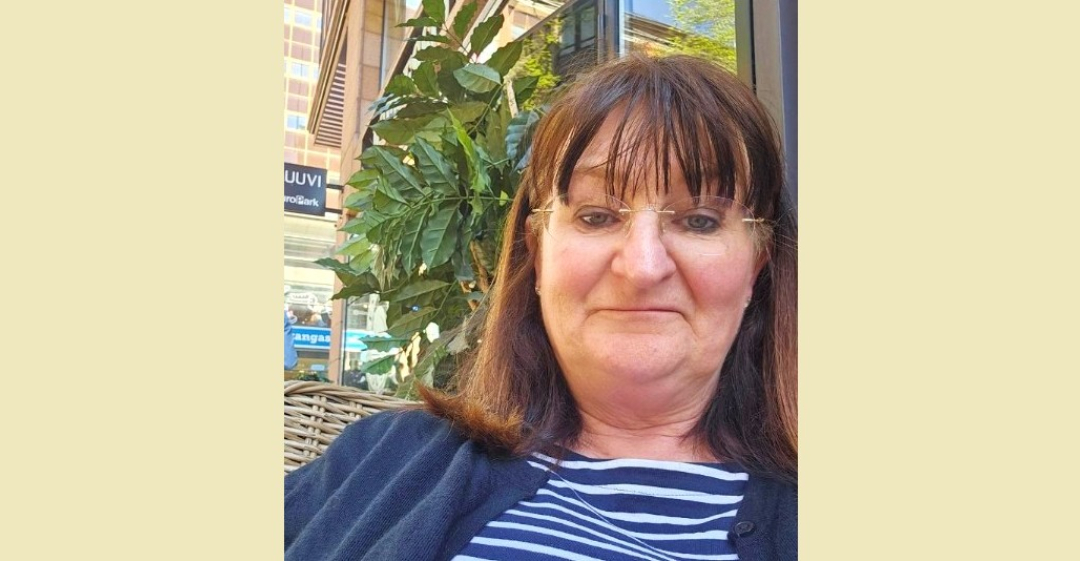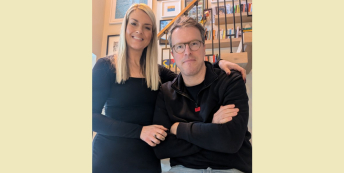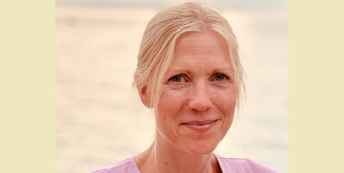“I felt conflicted that I'd be letting people down if I moved away.”

What work were you doing previously?
I was a project manager at a charity.
My work supported and empowered people who have learning disabilities or autism, enabling them to access further education colleges and employment with reasonable adjustments in place.
I also offered therapeutic support groups to discuss recent autism diagnosis, as well as presenting and developing training packages to colleagues across the organisation, and within the Health and Social Care sector.
What are you doing now?
I’m now a team member at a hotel, making sure guests are enjoying the hotel and its facilities.
Why did you change?
I’d spent a long time being employed to support people who have learning disabilities, and I felt conflicted that I'd be letting people down if I moved away from this type of work.
However, my mental health was suffering, and I often found myself having to take time off to recover from compassion burn out.
Within the charity sector, support doesn’t always come directly from your line manager. They’re focused on finding funding across the whole organisation and would often put a lot of weight of success when funding is successful.
I would sit in team meetings listening to people get so much applause for this, while the actual delivery of the work went largely ignored.
Some of the work was a minefield of trauma, bad experiences, and systems that weren’t set up to comply with basic accessibility. I often felt I was drowning in other people’s problems with nowhere to go for some advice or support.
Are you happy with the change?
Yes.
I get regular positive comments from management, who all know who I am. I feel so much more positive and valued.
My work ethic has also been revived and I love welcoming visitors and making them feel at ease.
What do you miss and what don't you miss about your previous work?
I miss the people I used to support, although I've remained in touch with some of them.
I don’t miss being overlooked and dismissed by senior team members.
How did you go about making the shift?
After a significant birthday, I made the decision to be serious about changing my job.
I went on holiday and made some time to journal my thoughts. I also began searching online for job coaching, life coaching, and discovered Careershifters.
Straight away, I found the process to be what I needed. I joined the Career Change Online Workshop when I returned from holiday. Through reflection I found that I was always drawn to being around people.
I decided that I’d change jobs, but only using the methods the workshop suggested. The days of sending off CVs and applications were gone. I needed to speak directly to potential employers.
I did this and it worked. While revisiting previous employment roles I found a local hotel that was relaunching. I connected and found someone within the hotel who was able to see something in me that could be of real value.
What help did you get?
I made the shift by myself.
My friends supported me from the sidelines, but I didn’t physically get any help.
Some of my new colleagues have also have supported me in finding my way around the world of hospitality.
What was the most difficult thing about changing?
Explaining that I was moving on to the people I'd supported for many years, and leaving colleagues behind.
What have you learnt in the process?
That I'm a tough cookie, I have people skills and I'm likeable.
Oh, and I’ve recently been told that I'm very funny (in a comedic way).
What would you advise others to do in the same situation?
If you feel it’s time to move, join the workshop and start the journey.
What lessons could you take from Sue's story to use in your own career change? Let us know in the comments below.



